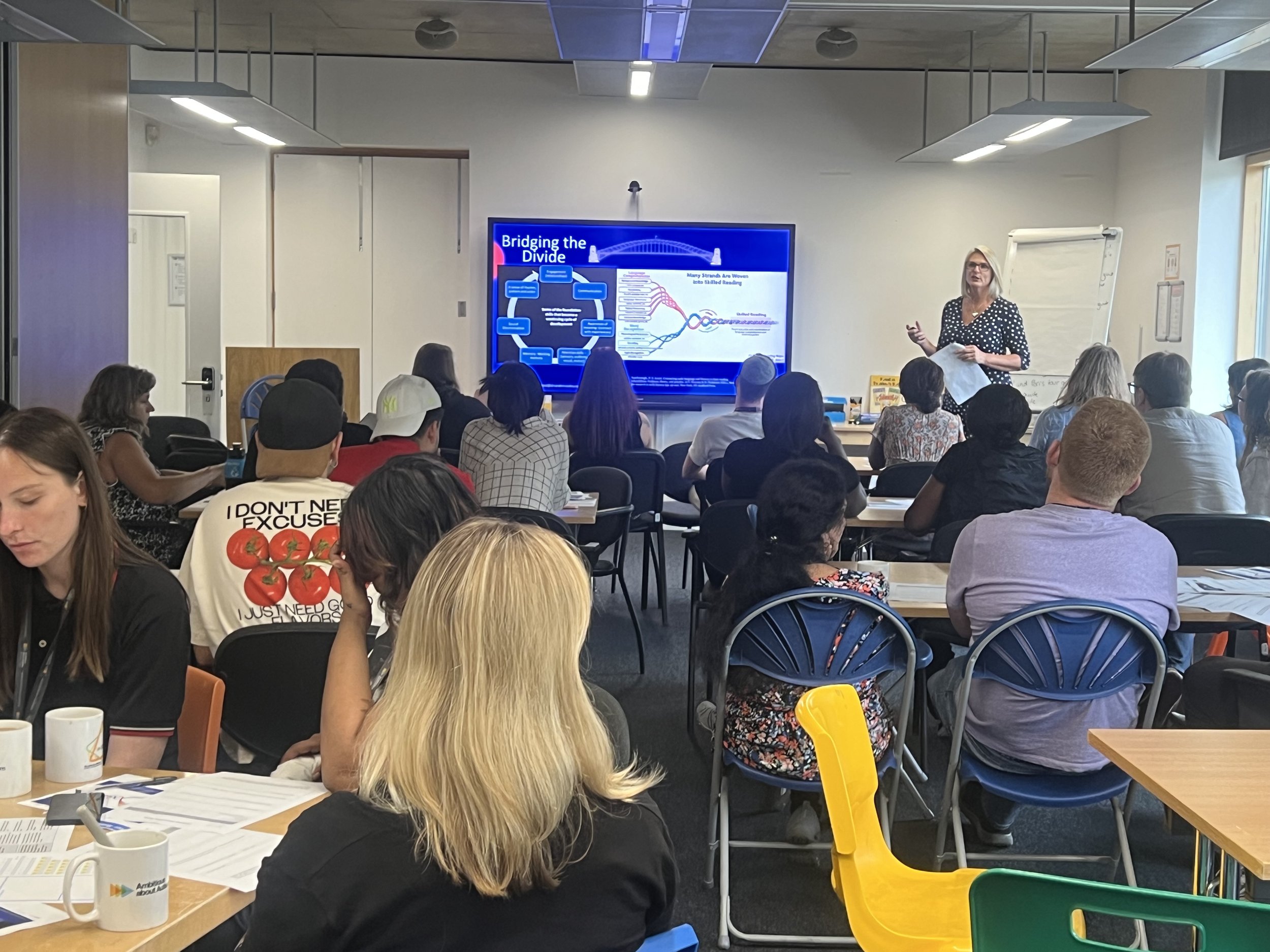
Empowering Every Learner
Bridging Theory and Practice in Inclusive Education
Inclusive Teaching & SEND

Bridging Theory and Practice in Inclusive Education
Inclusive Teaching & SEND
Format: Full Day | Twilight | Webinar | Power Hour
Target Audience: Educators and professionals supporting neurodiverse learners, those with SEND, additional or complex needs, across all settings.
Tailor classroom provision using adaptive teaching and UDL strategies to reduce barriers, increase access and engagement.
Highlights:
- Use adaptive teaching over traditional differentiation
- Create inclusive and consistent classroom routines
- Embed UDL in everyday practice
- Promote connection, fun and motivation
Format: Twilight | Webinar | Power Hour
Target Audience: Educators and professionals supporting neurodiverse learners, those with SEND, additional or complex needs, across all settings.
Practical tools to support planning, organisation and working memory, especially for learners with executive functioning challenges.
Highlights:
- Spot EF challenges and their classroom impact
- Build organisational skills and memory prompts
- Use routines and scaffolds for independence
- Apply metacognitive strategies
Format: Twilight | Webinar | Power Hour
Target Audience: Educators and professionals supporting neurodiverse learners, those with SEND, additional or complex needs, across all settings.
Reduce cognitive overload and boost retention and recall through effective metacognitive prompts and memory supports.
Highlights:
- Explore the link between memory, learning and independence
- Reduce overload with chunking and structure
- Build metacognitive prompts into everyday tasks
- Use tech to support memory retention
Format: Full Day | Twilight | Webinar | Power Hour
Target Audience: Educators and professionals supporting neurodiverse learners, those
with SEND, additional or complex needs, across all settings.
Blend memory and metacognition theory with strategies that support retention,
independence and long-term learning.
Highlights:
- Develop classrooms that support thinking and recall
- Reduce cognitive load for all learners
- Use retrieval, dual coding and rehearsal techniques
- Support neurodiverse and complex learners with practical tools